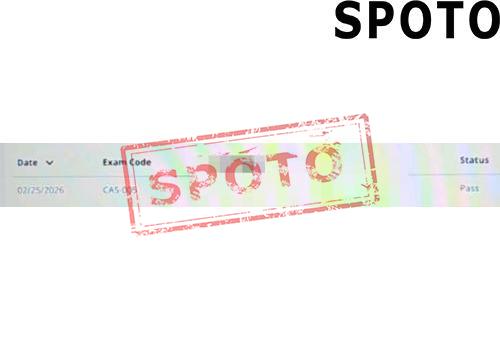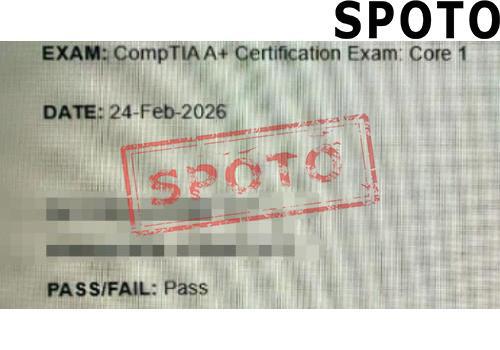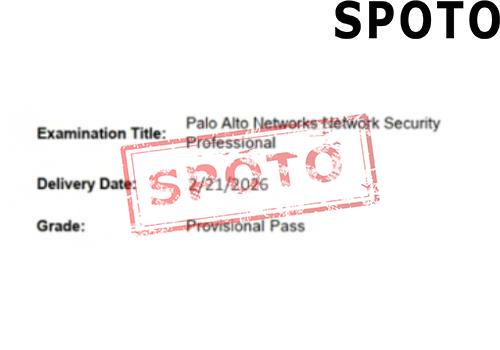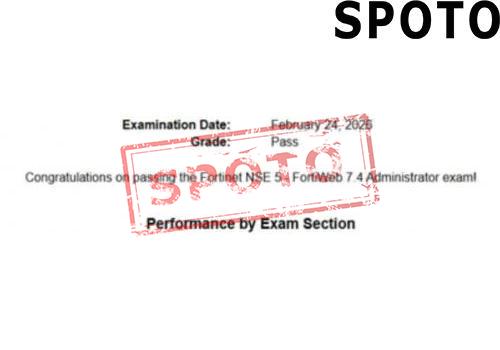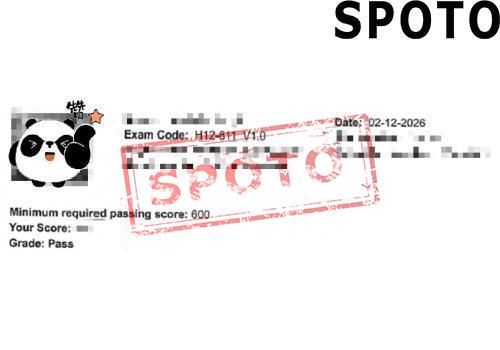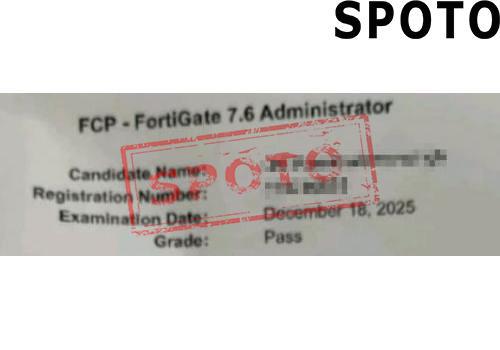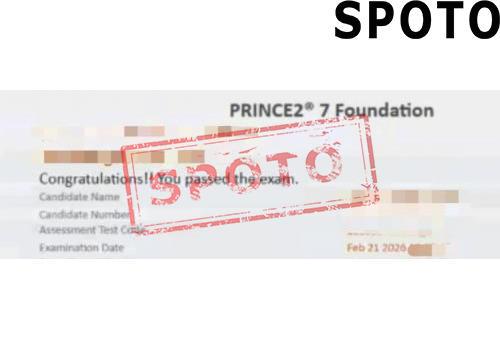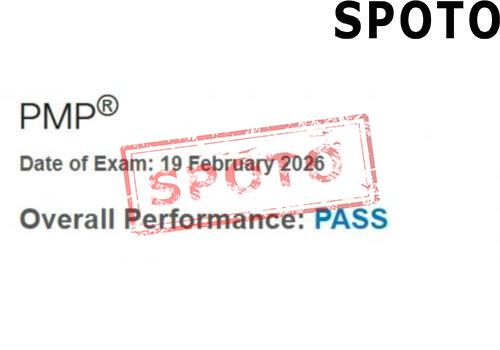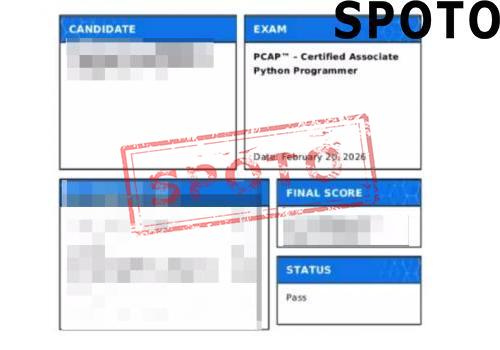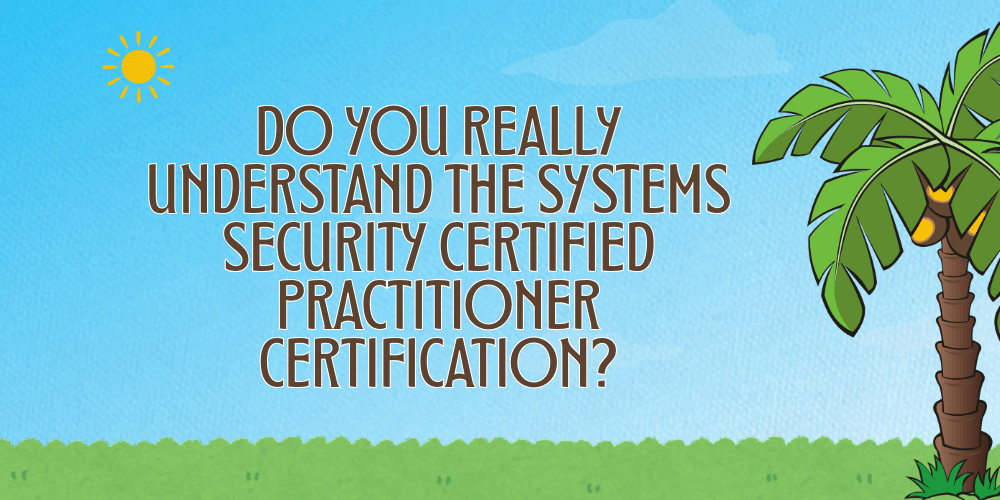
Table of Contents
- 1. What is the Systems Security Certified Practitioner certification?
- 2. What are the benefits of having a Systems Security Certified Practitioner certification?
- 3. Understanding the SSCP Certification
- 4. Qualifying for the SSCP Certification
- 5. Similar certifications of Systems Security Certified Practitioner certification
This article provides an overview of the Systems Security Certified Practitioner (SSCP), explains the SSCP certification in detail, and describes the necessary qualifications to obtain it. By reading this article, you will gain an in-depth understanding of the Systems Security Certified Practitioner certification.
1. What is the Systems Security Certified Practitioner certification?
The Systems Security Certified Practitioner (SSCP) is an intermediate-level information security professional certification offered by the International Information System Security Certification Consortium. It focuses on validating practitioners' practical operational capabilities in security operations, monitoring, response, and maintenance of information system security. It is a leading qualification in the information security field, particularly in security operations and technical implementation. The SSCP certifies professionals responsible for implementing and maintaining organizational security measures.
Unlike advanced certifications, which focus more on strategic planning and management, the SSCP emphasizes the implementation of security practices, including monitoring system security status, responding to security incidents, configuring access controls, and maintaining network and system security. This core certification bridges security theory with practical application, making it suitable for mid-career practitioners focused on security technology implementation.
2. What are the benefits of having a Systems Security Certified Practitioner certification?
The SSCP is a globally recognized intermediate-level security certification that emphasizes "learning by doing," demonstrating the holder's practical ability to implement security measures and respond to security incidents, rather than simply theoretical knowledge. It serves as authoritative proof of real-world capabilities.
For practitioners transitioning from entry-level security positions to mid-level positions, the SSCP is a key indicator of competency upgrade. It is particularly highly recognized within enterprise security operations teams and cybersecurity departments, serving as a key springboard for career advancement.
According to the (ISC)² Global Salary Survey, SSCP holders earn an average annual salary 15%-20% higher than non-certificate holders. They are also more likely to be sought after by employers, with employers preferring SSCP holders over those without the certification, particularly in security-critical industries such as finance, technology, and government. The SSCP is a bridge between the upper and lower levels of the (ISC)² system. Certified individuals can subsequently accumulate experience and pursue the more advanced CISSP certification, establishing a career path from intermediate-level practitioners to senior management.
In short, SSCP is a core certification for "practitioners" in the field of information security. Its core value lies in verifying practitioners' practical ability to implement security measures and maintain system security. It is an important milestone in the career development of technical security talents.
3. Understanding the SSCP Certification
The SSCP exam is based on the (ISC)² General Body of Knowledge and covers seven core areas: Security Operations and Administration; Access Controls; Risk Identification, Monitoring, and Analysis; Communications and Network Security; Systems and Application Security; Cryptography; and Security Assessment and Testing.
SSCP candidates face 125 multiple-choice questions, with 25 being unscored pretest items. It lasts three hours and can be taken in multiple languages, including English and Chinese. The maximum score is 1,000, with a passing score of 700. The exam fee is US$249 for (ISC)² members and US$375 for non-members.
4. Qualifying for the SSCP Certification
(1) Meet the work experience requirement
Applicants must possess at least one year of paid full-time work experience in at least one of the seven knowledge domains covered by the (ISC)² SSCP exam. These domains include security operations and management, access control, risk identification, monitoring and analysis, incident response and recovery, cryptography, and network and communications security. This experience must be cumulative. If this experience requirement is not met, applicants can first pass the exam to become an "(ISC)² Associate" and then accumulate and obtain the required one year of experience within two years after passing the exam.
(2) Pass the SSCP exam
Applicants must successfully pass the SSCP exam, which is designed to assess the candidate's technical ability and knowledge in implementing, managing, and maintaining IT infrastructure security best practices.
(3) Obtain endorsement
After passing the exam and meeting the work experience requirement, applicants must submit an endorsement application signed by a current (ISC)² certified professional. The endorser is required to verify the authenticity of the applicant's work experience statement and attest to their good moral character.
(4) Maintaining Certification
The certification is valid for 3 years. After obtaining the certification, 60 CPE credits must be accumulated every 3 years. The certificate holder needs to pay an annual membership fee to maintain the validity of the certification and pay an annual maintenance fee of approximately US$85 per year to maintain the validity of the certification.
5. Similar certifications of Systems Security Certified Practitioner certification
- CompTIA Security+
- GIAC Security Essentials (GSEC)
- CompTIA Cybersecurity Analyst+ (CySA+)
- Certified Information Systems Security Professional (CISSP) Associate
- Council Certified Network Defender (CND)

